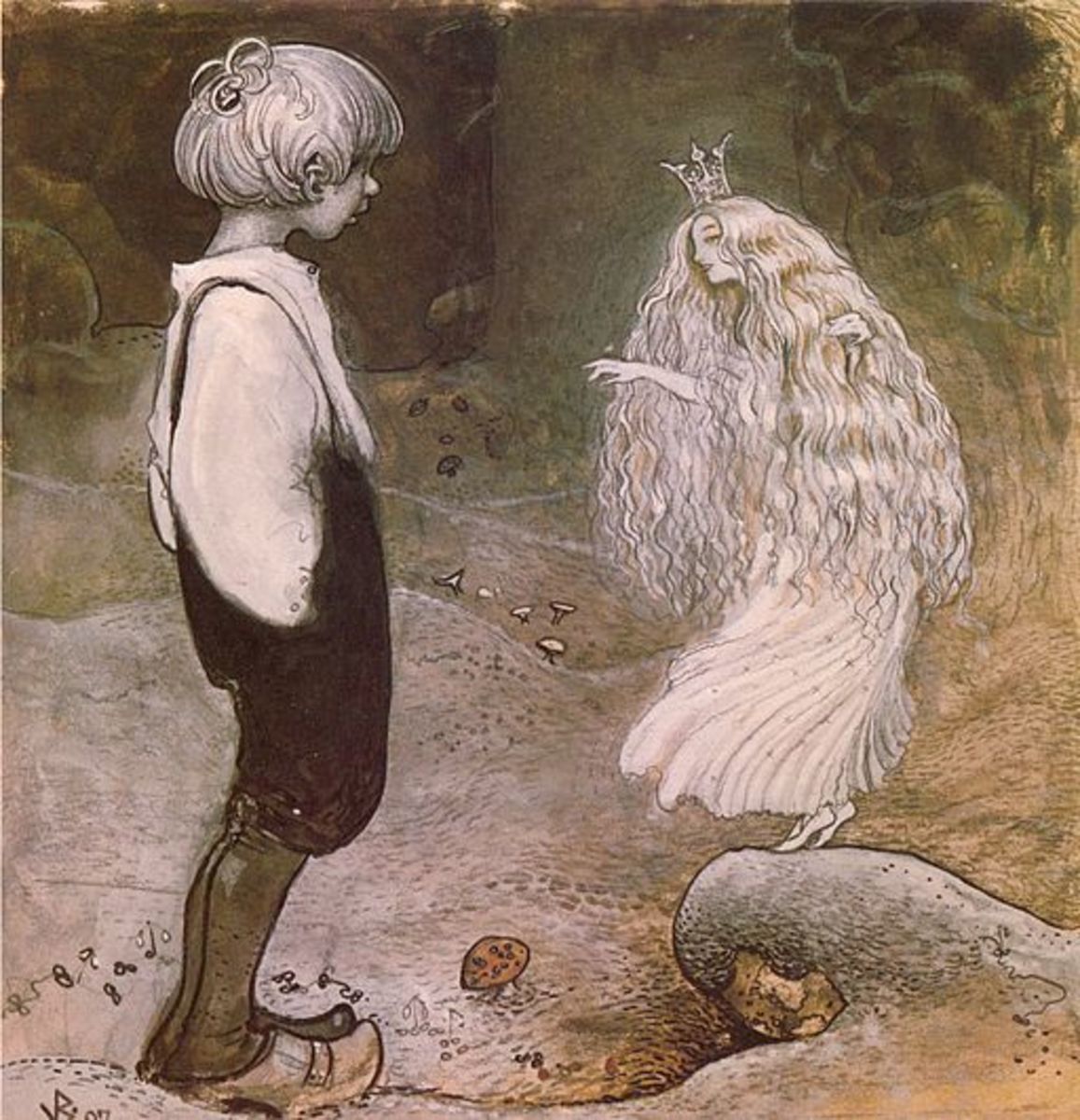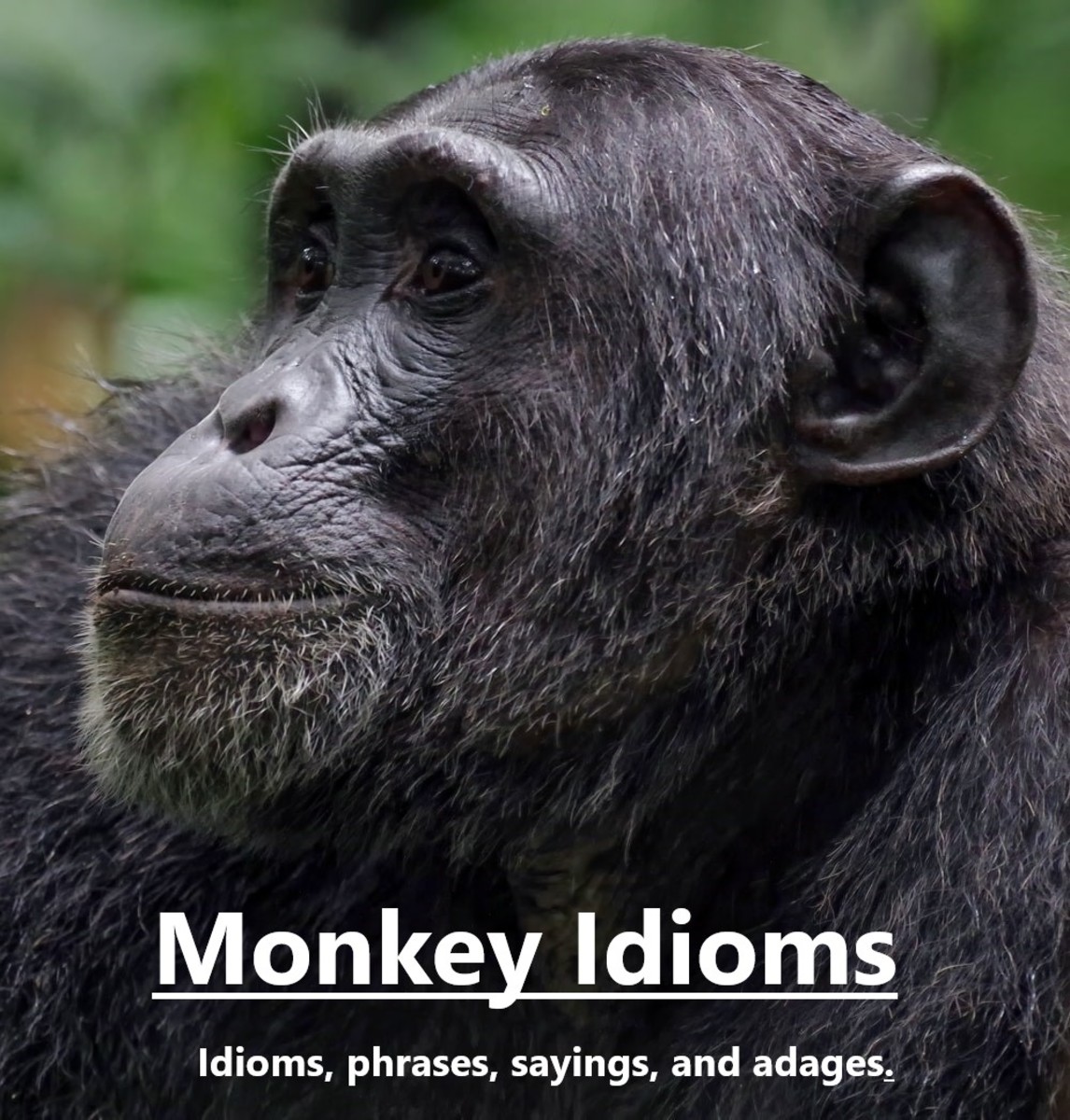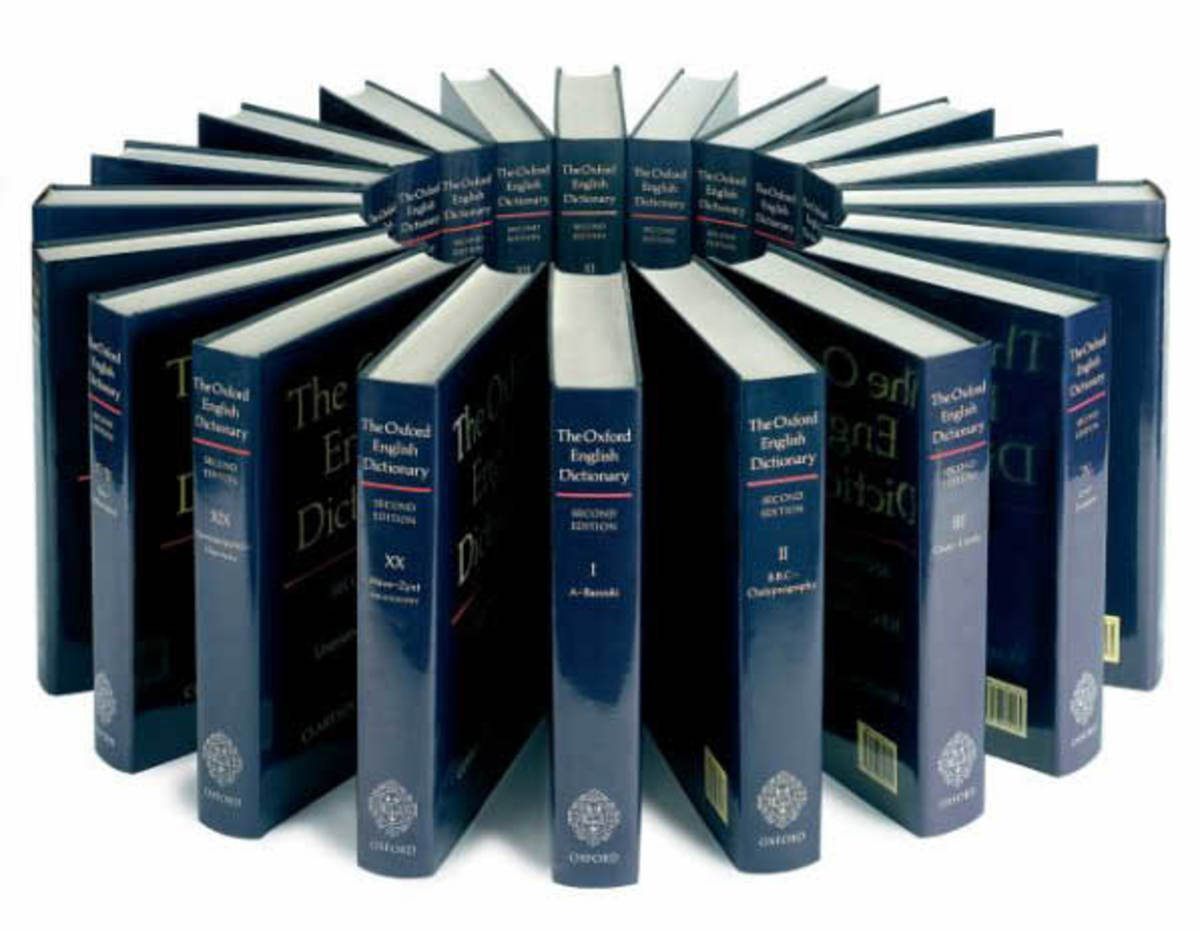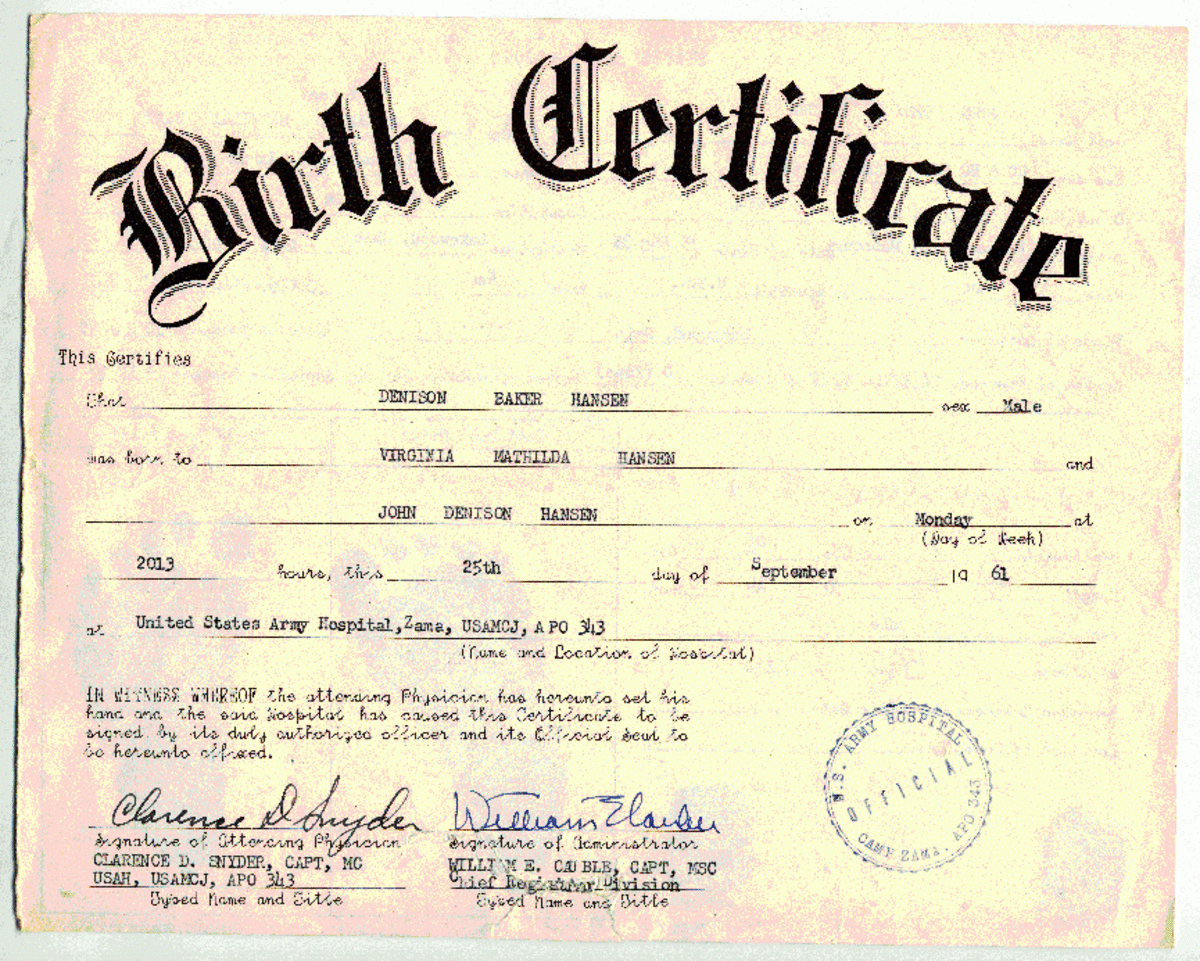Is Common Knowledge Always True?
The only good is knowledge and the only evil is ignorance.
Socrates (469 - 399 BC)
Bananas?

Understanding Common Knowledge
Common knowledge are beliefs that may or may not be facts. Common knowledge can be opinions that a great majority of people hold in a society or culture. Common knowledge can vary between cultures and societies depending on the type of knowledge.
An example of a common or group knowledge is the study conducted by GR Stephenson on rhesus monkeys. A number of monkeys were placed in a room with bananas hung from the ceiling and a ladder placed below it. Any time a monkey spotted the bananas and went up the ladder to get them, the scientist would spray all the monkeys with cold water. After all the monkeys had attempted and failed to retrieve the bananas, a new, inexperienced monkey was put into the mix, replacing one of the others. When the naive monkey went to get the bananas, the other monkeys pulled him down and beat him up - even though no water had been sprayed. Over the course of the experiment, all the old monkeys who had experienced being sprayed with the water were replaced with new monkeys. And each time the monkeys would pull down and beat up the new monkey going after the bananas, even though the monkeys were not being sprayed with water! This is an example of common knowledge not being true. It was no longer true that climbing the ladder would get a cold-water spraying, and yet the monkeys behaved as if it were true. The common knowledge for the monkeys was that climbing the ladder was somehow bad enough to make everyone beat up the offender yet there was no longer any truth behind the common knowledge.1
While it may be easy for us to pass judgment on these poor and abused monkeys, this study does illustrates how common knowledge can spread. Things do not necessarily have to be true to become widely known. They just have to be believed and acted on. By acting on their beliefs, people and monkeys reinforce the common knowledge. But that does not mean they are even aware of the real truth or fallicy of that common knowledge.
Earth Evidence

Evaluating Common Knowledge
How do we know whether or not a certain common knowledge topic is true? We can know whether or not common knowledge is true by evaluating its conditions and theories regarding the topic for evidence that either supports or discounts the idea, topic, or belief.
Common knowledge can thus change over time. An example of this would be the belief that the world is flat that was common knowledge centuries ago. Now it is scientifically proven that we live on a round globe. We have even seen pictures of our sphere-shaped home from outer space. But a long time ago, the evidence seemed to suggest that the world was flat because that is how it looked to everyone. Once the theory that a person could fall off the end of the flat world was finally tested, that old theory was put to rest.
Another example also comes from the planets. Centuries ago, people believed that the Earth was the center of the universe. It was not accepted that the Earth could be traveling around the sun. It was not until the past century in 1992, that the Church finally apologized to Galileo Galilei, publicly acknowledging that the Earth was not the center of the universe. (It was in 1822 that the Church finally lifted the ban on his books which discussed the Copernican system.) By the time the apology came, it felt silly, because by then everyone knew the truth and it had become common knowledge that the Earth orbits the sun.2
The reason Galileo Galilei was able to get to the truth about the orbits of the planets was because he used real science and observation to find evidence for or against the different theories. He did not just go along with the swing of public or common knowledge.
Truth is a Light

The Power of Placing High Value on Truth and Evidence
By placing value on truth and evidence, it is possible to get to the bottom of many different topics that are common knowledge. In order to do this though you must trust the evidence over the public opinion or theory, and study where the evidence leads. This can be difficult as we all have biases that have developed over our lifetime, and it is often easier to ignore, refute, or block the evidence than to accept it. This is what happened during Galileo's time. The Church could have welcomed scientific observation and experimentation and replicated Galileo's own findings, but they chose not to because the evidence did not support their Earth-centric worldview.
By using the scientific method science has advanced to such an extent that humans have been able to build airplanes, fly to the moon, and develop computers and micro-chip technologies. It is truly remarkable to think of what we have achieved.
But despite our great achievements, there is still a lot we can learn by evaluating what is commonly known for evidence of its validity.

Examining Beliefs in Common Knowledge
By examining cultural and societal beliefs and biases, we can separate out myth from truth in the arena of common knowledge. In order to recognize propaganda from true statements, we must examine it with awareness of our own individual perspective and evaluate it in an objective manner, letting go of biases and prejudices so that we are open to what the evidence really shows. Sometimes it is necessary to dig deeper for the real evidence and to understand the motives behind those who might be hiding the truth.
History has plenty of cases when dangerous prejudice became the status quo and during these times what became common knowledge to certain groups was a lot of prejudicial nonsense. What beliefs about blacks became common knowledge to too many whites during the time of slavery in America? What beliefs about Jews held sway in Nazi Germany? What about the Japanese atrocities during the rape of Nanking, what was just common knowledge to the Japanese soldiers that made them feel justified in their cruelty to the Chinese?
These are only a few examples; almost any country and culture at one time has been guilty of holding dangerous prejudiced beliefs that become common knowledge to them, something the average person in that society not only takes to be true but may value enough to even promote, often because the prejudice benefits them in some way (as with slavery) or feeds feelings of (what they feel is a righteous) hate.
Along with prejudice, ignorant assumptions can become common knowledge and be very harmful. Just decades ago it was common knowledge that smoking cigarettes or cigars was harmless. Is that really what the evidence showed at the time? Of course not! We all know this. But even so there were scientists who said otherwise, lending credence to the common knowledge that cigarettes weren't dangerous and some doctors would even prescribe smoking to their unfortunate patients to help them relax. While this seems incredibly crazy now, it does show the power of common knowledge.
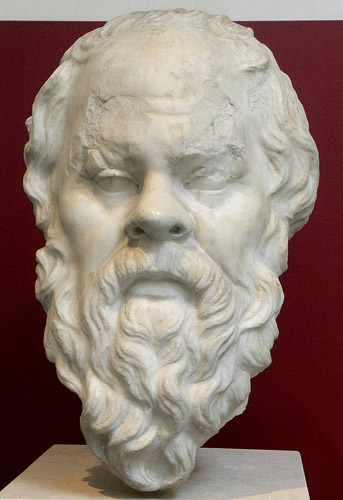
Find the Truth and Stand Up for It
The more people live with eyes wide open the more safe the world will become. In every society, all through time, there are people who dig out the truth. Such people can be remembered centuries later with honor. They are often unpopular, and in some cases so much so that their life is in danger. The ones who stand up for the truth have led the way for countless others.
When more people look for and stand up for truth, examining common knowledge for the errors that may be there, we will live more peaceful and successful lives, doing less harm to others and increasing the level of truth in common knowledge.
References
1. EDIT: Please see Comments section regarding this study.
The rhesus monkey experiment can be referenced here:
Sources:
Stephenson, G. R. (1967). Cultural acquisition of a specific learned response among rhesus monkeys. In: Starek, D., Schneider, R., and Kuhn, H. J. (eds.), Progress in Primatology, Stuttgart: Fischer, pp. 279-288.
Mentioned in: Galef, B. G., Jr. (1976). Social Transmission of Acquired Behavior: A Discussion of Tradition and Social Learning in Vertebrates. In: Rosenblatt, J.S., Hinde, R.A., Shaw, E. and Beer, C. (eds.), Advances in the study of behavior, Vol. 6, New York: Academic Press, pp. 87-88.

